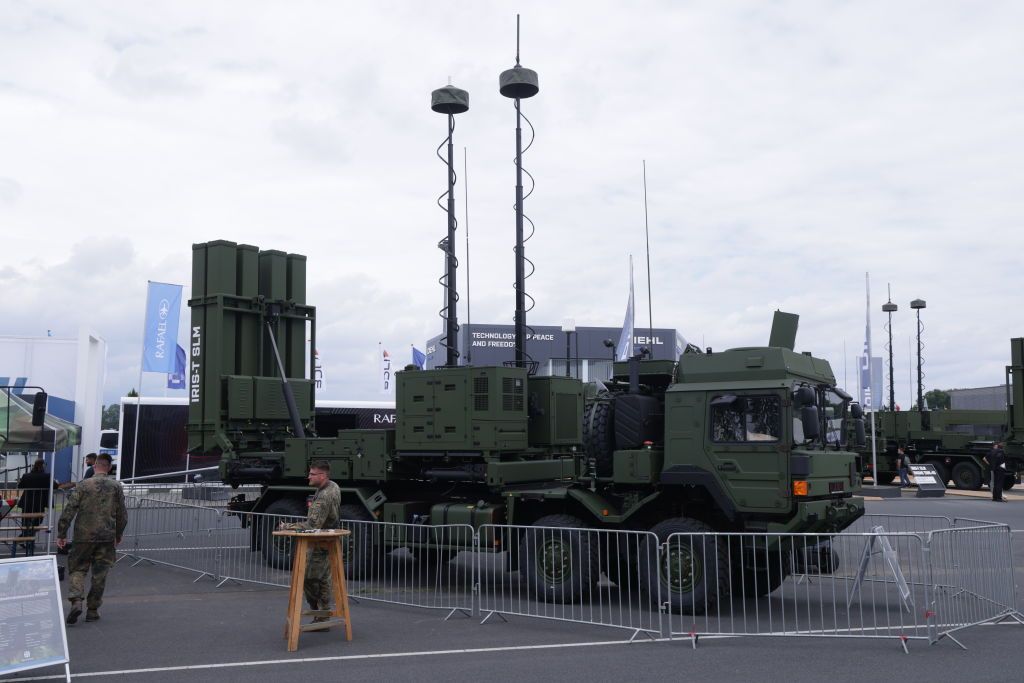The German prosecutors have indicted three individuals, all dual German-Russian nationals, accused of plotting sabotage and espionage against military and industrial sites in Germany. The primary suspect, Dieter S., is believed to be a former member of a pro-Russian militia in Ukraine and is alleged to have maintained contact with a former militia member tied to Russian intelligence. He agreed to carry out arson and explosive attacks on German soil, scouting potential targets that included facilities used by the U.S. Armed Forces, a railway hub, and a manufacturing company. The suspects also allegedly took photos and videos of the targets to share with a Russian intelligence agent. The arrest of the trio in April led to a diplomatic standoff between Germany and Russia, with Chancellor Olaf Scholz emphasizing the ongoing threat of Russian espionage in Germany.
In response to the incident, the Russian Embassy in Berlin dismissed the allegations, claiming that Germany had not provided evidence of the suspects’ plans or their connections to Russian operatives. The tensions between the two countries highlight the delicate balance of power dynamics in the region, especially given Germany’s support for Ukraine in its defense against Russia’s aggression. The case serves as a stark reminder of the potential implications of espionage activities on German soil and the need for constant vigilance to safeguard national security. Chancellor Scholz’s strong stance on the matter underscores the seriousness with which the German government is taking the issue of foreign interference in its territory.
The indictment of the three individuals sheds light on the evolving nature of security threats facing Germany and Europe as a whole. The alleged plot to target military and industrial sites demonstrates the lengths to which hostile actors are willing to go in order to undermine the stability and security of the region. The fact that the suspects were dual German-Russian nationals further complicates the situation, raising questions about loyalty and national identity. The case underscores the importance of international cooperation in combating espionage and terrorism, as well as the need for robust intelligence-sharing mechanisms to prevent similar incidents in the future.
The diplomatic fallout from the arrests underscores the fragile nature of relations between Germany and Russia, with the potential for further escalation if the allegations are not resolved satisfactorily. Chancellor Scholz’s comments about the ongoing threat of Russian espionage in Germany signal a renewed focus on maintaining security and stability in the face of external threats. The incident also highlights the challenges of balancing national security interests with diplomatic considerations, especially when dealing with a country like Russia that has been accused of engaging in aggressive behavior in the region. The case serves as a wake-up call for policymakers to remain vigilant and proactive in countering emerging security threats.
The involvement of former militia members in the alleged plot raises concerns about the influence of extremist groups and foreign actors in destabilizing regions like Ukraine. The links between the suspects and Russian intelligence further underscore the complex web of relationships that can exist behind seemingly isolated incidents of espionage. The case serves as a stark reminder of the need for robust counterterrorism measures and intelligence-sharing arrangements to prevent similar incidents in the future. The German authorities’ swift action in indicting the suspects demonstrates their commitment to upholding the rule of law and safeguarding national security interests.
Overall, the indictment of the three individuals accused of plotting sabotage and espionage in Germany highlights the ongoing threat of foreign interference and the need for constant vigilance to protect national security. The case serves as a reminder of the complex geopolitical dynamics at play in the region, as well as the importance of international cooperation in combating terrorism and espionage. The diplomatic fallout from the arrests underscores the fragile nature of relations between Germany and Russia, while also highlighting the challenges of balancing national security interests with diplomatic considerations. Moving forward, the incident will likely prompt a reevaluation of security protocols and intelligence-sharing mechanisms to prevent similar incidents in the future and safeguard the stability of the region.


